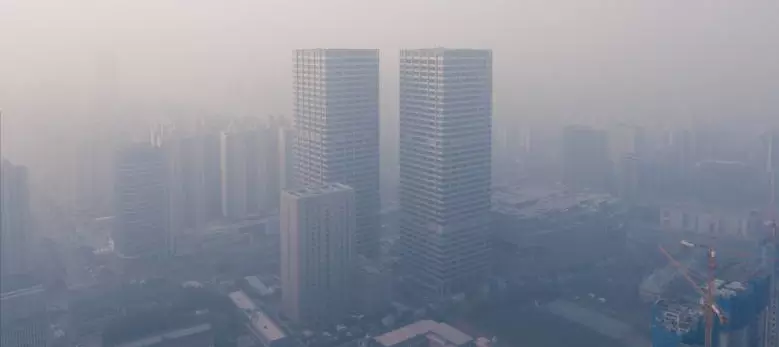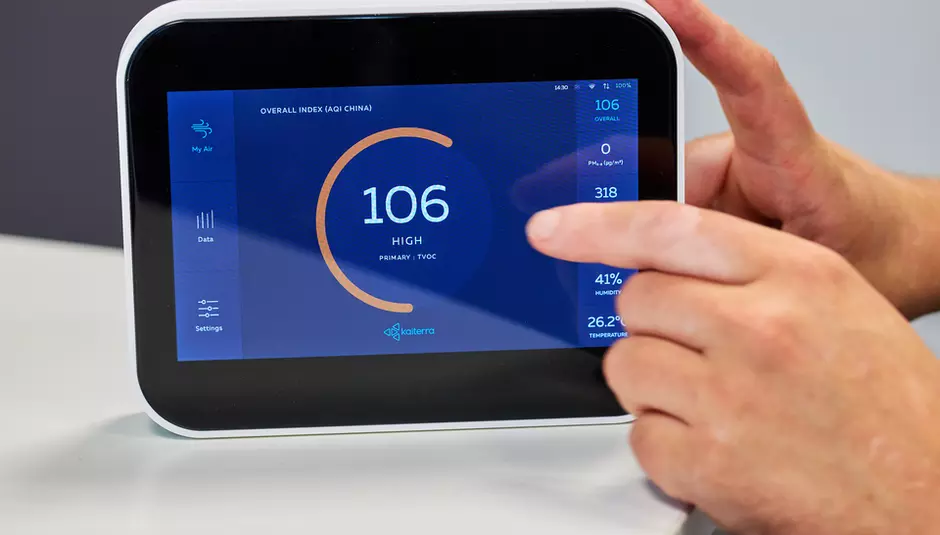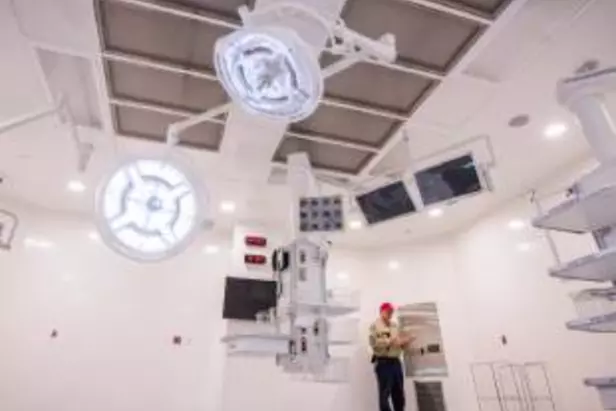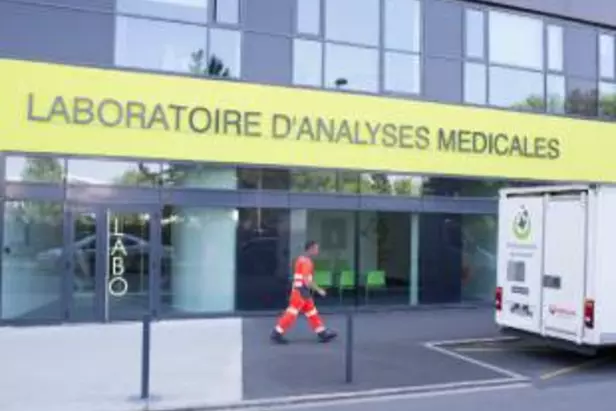What is the impact of quality of life on health according to WHO?
The World Health Organization (WHO) defines health as "a state of complete physical, mental and social wellbeing". However, mortality figures or data related to medical diagnoses are not sufficient to assess the health of all people. Concepts such as quality of life must also be taken into account.
Defined as "an individual's perception of his or her place in life, in the context of the culture and value system in which he or she lives, in relation to his or her goals, expectations, norms and concerns", this concept of concept of quality of life in health covers several variables such as physical state, psychological state, level of independence, social relationships and relations with the essential elements of the environment.
Quality of life is an essential part of good health. In order to protect your health, we work daily to find ways to improve quality of life for everyone. Our mission is to offer solutions to enable everyone to achieve wellbeing.

Our approach: clean air, treated water and waste, and support for health facilities
In order to improve quality of life linked to health, we work to make regions and cities pleasant to live in. Our challenge is to make daily life easier for everyone by enabling them to live, work or study in good conditions. To provide the wellbeing and comfort necessary for health, we take action in three areas.
Improving indoor air quality in buildings
We are taking action to fight air pollution. It is one of the main environmental risks on a global scale, with more than 8 million premature deaths worldwide according to WHO in 2016. Did you know that the air inside buildings is no less polluted than the air outside? Yet we spend more than 85% of our time in a closed space. In order to have better quality air in healthcare facilities, schools, leisure facilities or office buildings, our teams apply their know-how and expertise to analyzing, monitoring and treating this air.
Wastewater and waste treatment
We take care of the natural water cycle. Water is essential. It shapes our landscapes, our climates and the natural living environment of our regions. At the same time, water is subject to multiple forms of pollution (pesticides and herbicides, household products, solvents, plasticizers, medicines, etc.) For us, taking care of water and providing appropriate solutions to treat wastewater is a key issue in order to improve our living conditions and protect biodiversity.
We transform waste into a resource. Poorly managed waste can be a major risk to the environment and our health. We provide all sectors with our expertise in the overall management of waste, from ordinary to hazardous, from collection to recovery.
Supporting health care institutions
We support these facilities as they tackle major health challenges. Hospitals must be able to ensure continuity of care and services provided to their patients: this means they must be almost completely independent of energy and water suppliers. But that is not all. To meet the needs of patients and to comply with regulatory constraints in terms of guaranteed performance, hospitals consume twice as much energy per m2 as a traditional building.
And to use France as an example, health establishments there generate 700,000 metric tons of waste per year, i.e., more than one metric ton per bed, which is equivalent to 3.5% of the national waste production. Wastewater contains effluent loaded with harmful substances (solvents, heavy metals, and radioactive materials) requiring specific treatment. In response to these numerous problems, we provide reliable solutions that enable health care institutions to achieve a high level of economic and environmental performance, in a general context of budgetary constraints.
- Control air emissions from our hazardous waste incineration technologies
- Control odors emitted by wastewater treatment plants
- Audit and measure the sanitary quality of water and air flows in buildings
- Measure the performance of operations and optimize costs with a real-time control center
- Implement intelligent solutions to optimize services with detailed and interactive reporting
- Reduce greenhouse gas emissions with cogeneration
The Veolia difference

We did it!

Canada
The Centre Hospitalier de l'Université de Montréal was created in 1996 from the merger of three institutions. Within the framework of a large-scale energy performance contract, we were selected to help with the merger of this complex, known as the CHUM, into a single site in 2016. Indoor air quality issues were part of the contract, with design, assistance, operation and risk management components.

With our subsidiary Veos, we are tackling the treatment of medical waste in Morocco and, more specifically, the treatment of hazardous medical waste, which accounts for 30% of medical waste and suffers from a lack of expertise.


